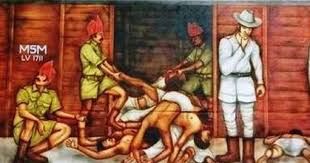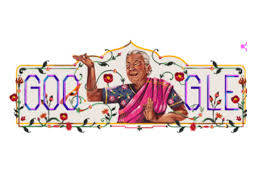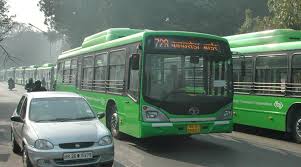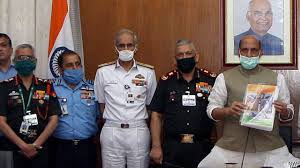
Indian Council of Historical Research (ICHR) in 2016 had recommended the de-listing of Wagon Tragedy victims and Malabar Rebellion leaders Ali Musliyar, Variamkunnath Ahmad Haji, and the latter’s two brothers from a book on martyrs of India’s freedom struggle. In all, the report had sought the removal of names of 387 ‘Moplah rioters’ from the list.
Daily Current Affairs Quiz 2020
Key-Points
The book, Dictionary of Martyrs: India’s Freedom Struggle 1857-1947, was released by Prime Minister Narendra Modi last week.
The report describes Haji as the “notorious Moplah Riot leader” and a “hardcore criminal,” who “killed innumerable innocent Hindu men, women, and children during the 1921 Moplah Riot, and deposited their bodies in a well, locally known as Thoovoor Kinar”.
Haji was arrested by the army, tried by an army court and shot dead on January 20, 1922.
The Moplah or Malabar rebellion in 1921 started as resistance against the British colonial rule, the prevailing feudal system, and in favour of the Khilafat Movement in South Malabar but ended in communal violence.





